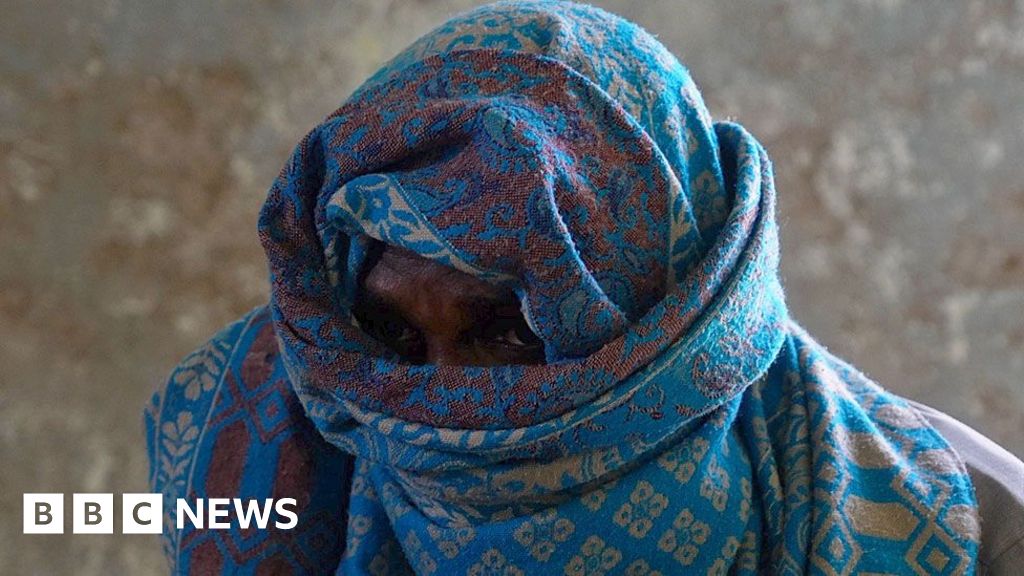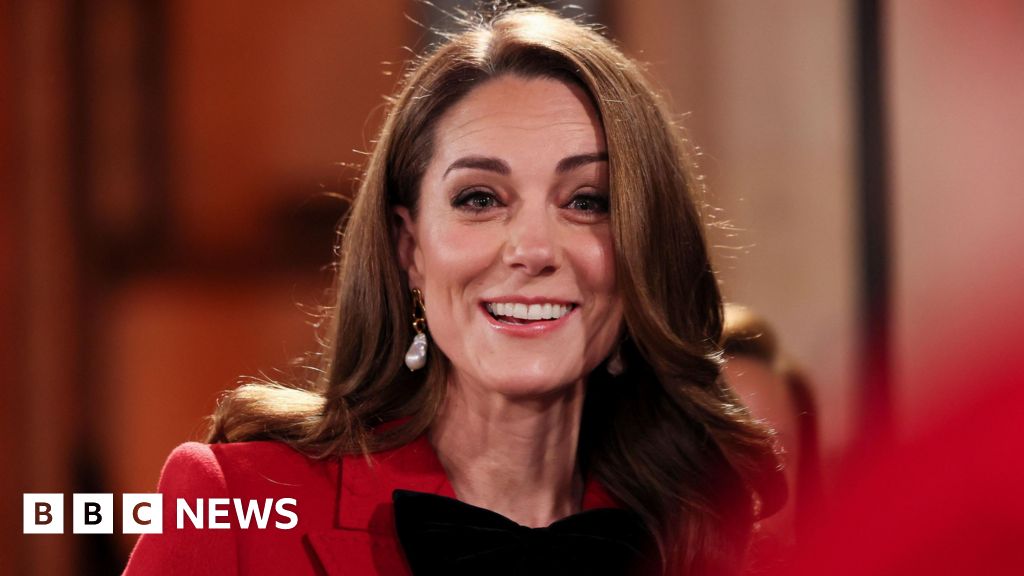The Federal Government’s savings in its non-oil excess account increased by 304.1 per cent in the first year of the current administration.
This is according to an analysis of the monthly Federation Allocation Accounts Committee report released by the National Bureau of Statistics between July 2022 to June 2023 and July 2023 to June 2024.
The NBS stated that a total of N1.36tn was paid into the account between July 2022 and June 2023, while N5.48tn was disbursed in one year under President Bola Tinubu’s administration, indicating an increase of N4.12tn or 304.1 per cent within the review period.
The ECA, similar to the structure of the Excess Crude Account, is an account created to save the extra funds made anytime the country made excess revenue from non-oil exports fuelled by the unification of the foreign exchange market and fuel subsidy removal.
The savings account domiciled with the Central Bank and managed by the Office of the Accountant General of the Federation is utilised when revenue is low.
Established in 2004 by former President Olusegun Obasanjo, the ECA functions as a natural resource fund, primarily serving as a fiscal buffer during economic downturns.
This formula currently allocates 52.68 per cent of revenue to the Federal Government, 26.72 per cent to states, 20.60 per cent to Local Governments, and 13 per cent for derivation.
However, the Federal Government’s approach to withdrawing from these accounts has occasionally deviated from the standard vertical revenue allocation formula outlined by the Revenue Mobilisation Allocation and Fiscal Commission.
For instance, the government removed N228 bn from the non-oil excess revenue account to fund the 2023 general elections.
The loan that was taken for the 2023 general elections was 26 per cent of the total deductions between January 2020 to October 2023, according to the sub-committee.
Other deductions were made for different purposes, such as a refund of the gas flare penalty to the Nigerian Midstream and Downstream Petroleum Regulatory Authority, contrary to stipulated rules.
A breakdown of the data showed that in the last year of former President Muhammadu Buhari, saving allocations were low, with January 2023 getting the highest allocation of N285bn.
Analysis showed that N280bn was saved in July 2022, it reduced to N160bn in August, N80bn in September, N180bn in October, and N80bn in November of the same year.
In December 2022, a total sum of N120bn was saved in the excess account. This further increased to N285bn in January 2023 and N120bn in February.
It was also observed that no payment was made into the account in March, April, and May preceding the removal of the subsidy by the current administration. However, it made a payment of N50bn in June.
After the subsidy removal, allocations into the excess account increased significantly by over 200 per cent. For July 2023, the government saved N696.93bn into the account. It also saved N600bn in August 2023.
N221bn was saved in September, N539bn in October, N300bn in November, and N300bn in December of the same year.
Similarly, the government continued savings of N350bn in January 2024, N598.46bn in February, and N450bn in March, April and May before increasing to N520bn in June 2024.
As of April 2024, the non-oil excess revenue account stood at a balance of N638.87bn.

 4 months ago
36
4 months ago
36















 English (US) ·
English (US) ·